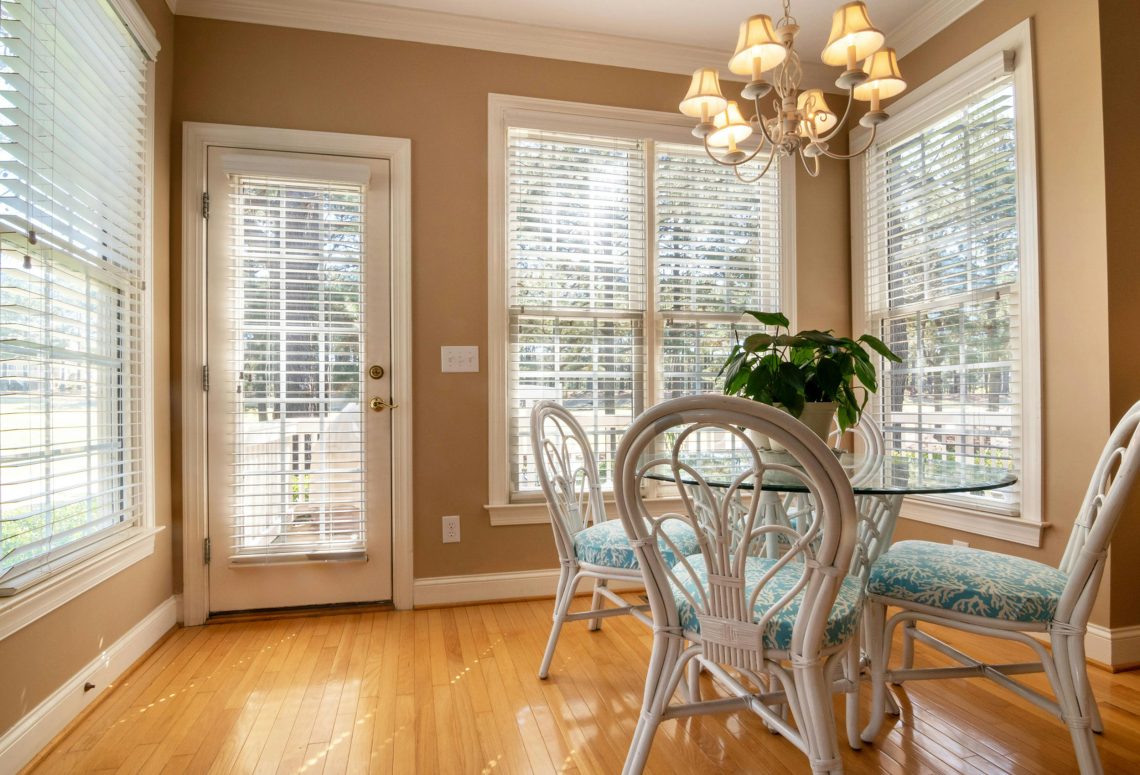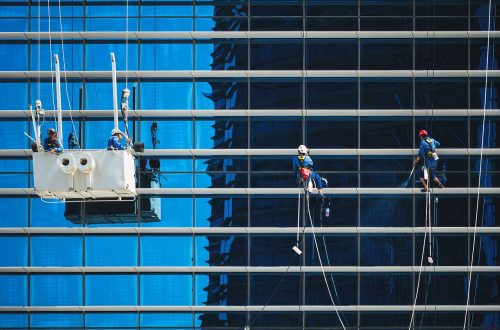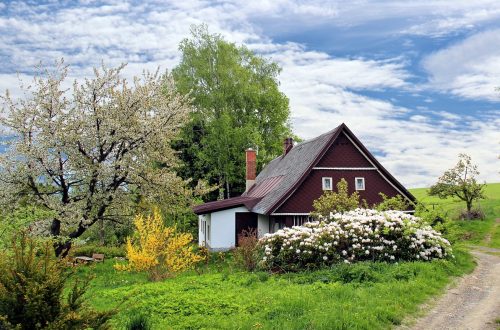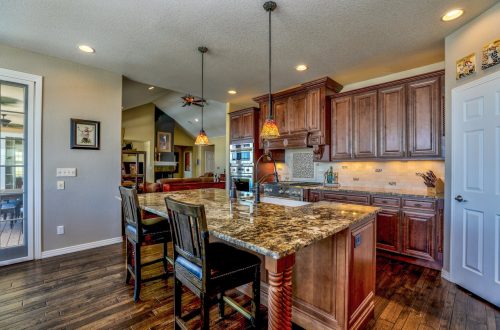Choosing the right windows for a construction project isn’t just a matter of aesthetics or personal preference. It’s a complex decision involving various factors that influence the functionality, cost-effectiveness, and environmental impact of a building. Whether you’re building your own home, involved in property development, or simply curious about what goes into constructing liveable, sustainable spaces, understanding how developers make these choices can be enlightening.
Developers must consider numerous factors, from the architectural style and building location to the specific needs of future occupants. Here’s a deep dive into the process and principles guiding these critical decisions.
Understanding the Project’s Requirements
Each project has unique requirements, guided by its purpose, location, and the vision behind its design. For instance, a residential building might prioritise natural light and airflow to create a warm and inviting atmosphere, while an office building might focus on energy efficiency and noise reduction.
Architectural Style
The architectural style of a building plays a significant role in window selection. Windows should complement the overall design aesthetic, whether it’s a modern, minimalist structure with large glass panes or a historic renovation that requires bespoke wooden frames. Consistency in design can significantly enhance the building’s visual appeal both inside and out.
Climatic Considerations
One of the most crucial aspects that developers consider is how windows will perform under local climatic conditions. In colder climates, windows with excellent insulation properties (like double or triple glazing) are preferred to maintain warmth and reduce heating costs. Conversely, in hotter regions, windows may need to reflect heat or provide effective ventilation to keep interiors cool.
Energy Efficiency
Sustainability and energy efficiency are priorities for many developers and property owners. Choosing windows that offer superior insulation and utilise advancements in energy-efficient technologies not only minimises environmental impact but can also lead to substantial savings on energy bills. Features such as low-emissivity (Low-E) glass or argon gas filling between panes are increasingly common choices.
Most window replacement companies offer windows, doors, roof lanterns, and conservatories, all in UPVC, timber, and aluminium. They also work with a variety of door manufacturers, like Solidor, which offers composite doors. If you are looking for window replacement in Guildford, you’ll want to find the best company for the job.
Acoustics
Noise pollution is a growing concern, particularly in urban areas. Windows can play a significant role in sound insulation. Developers might opt for acoustic windows, which incorporate laminated glass and specially designed frames to reduce the transmission of external noise into the building interior.
Safety and Security
Safety and security features are paramount, especially for ground-level windows or those in vulnerable areas. Developers may select windows with reinforced glass, lockable handles, and robust frames to increase security. In regions prone to hurricanes or other extreme weather, impact-resistant windows provide an additional layer of safety.
Cost and Longevity
Finally, the balance between upfront costs and the long-term value of windows cannot be overlooked. While higher-quality windows may come with a steeper price tag, their durability, lower maintenance needs, and energy savings over time often represent a wise investment.
Conclusion
Choosing the most appropriate windows involves a delicate balance of form and function. Developers carefully weigh aesthetic considerations against practical ones like climate, energy efficiency, acoustics, and safety. This meticulous planning ensures that the final product not only looks appealing but also meets the needs of its occupants, performs well under local environmental conditions, and stands the test of time.
For anyone involved in construction or development, or those interested in how to make their homes more comfortable and sustainable, considering these factors can lead to more informed decisions. It’s not just about installing any window; it’s about finding the right fit for each unique space, ensuring it serves its purpose to the fullest.





